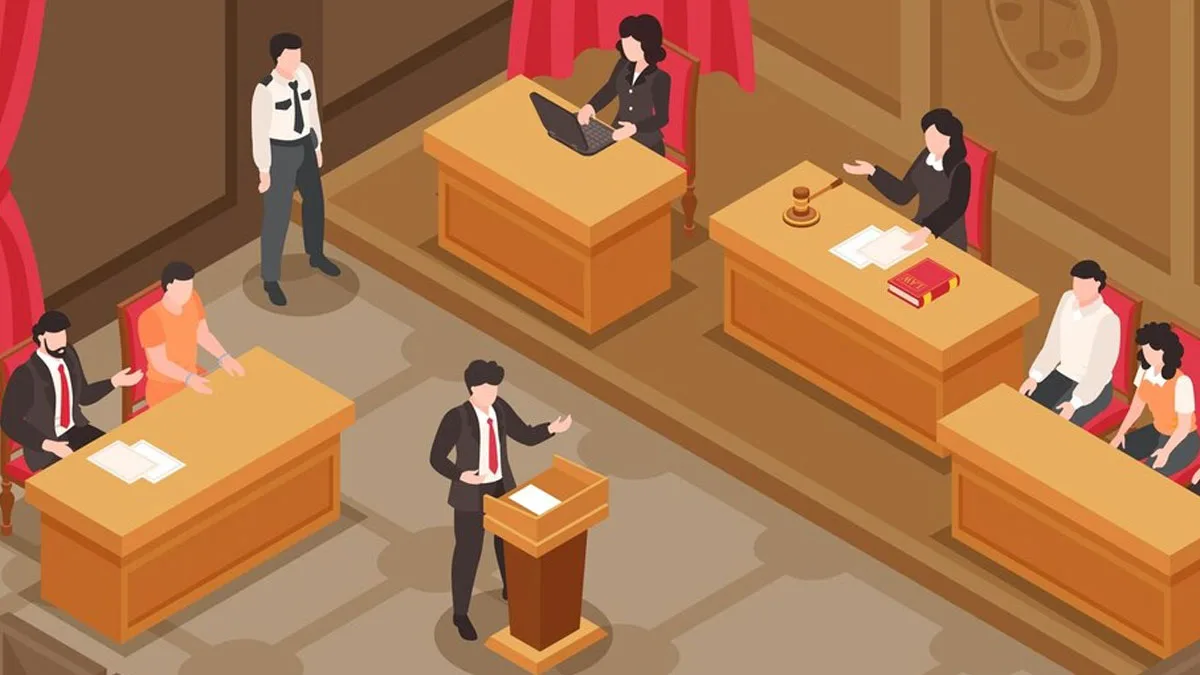In United States law, the discovery process is a critical pre-trial phase in a lawsuit where both parties exchange information and evidence. Understanding how to obtain discovery from the court is essential for litigants to prepare their cases effectively.
Overview of Discovery Process
Federal Rules of Civil Procedure (FRCP)
The discovery process is governed by the Federal Rules of Civil Procedure, specifically Rules 26 through 37, which establish the methods and scope of discovery.
Types of Discovery
Discovery can include various forms of evidence, such as documents, interrogatories (written questions), depositions (interviews under oath), and requests for admissions.
Steps to Obtain Discovery
1. Meet and Confer
Prior to initiating formal discovery, the parties are usually required to meet and discuss the nature and basis of their claims and defenses (Rule 26(f)).
2. Discovery Requests
Formal requests for discovery are made through specific legal documents, such as requests for production, subpoenas, or requests for admissions.
3. Responding to Discovery Requests
The opposing party is obligated to respond to discovery requests within a specified time frame, typically 30 days.
4. Motions to Compel
If a party fails to provide the requested discovery, the requesting party may file a motion to compel with the court.
5. Protective Orders
In some cases, a party may seek a protective order from the court to limit the scope of discovery to protect against harassment, annoyance, or undue burden.
Common Challenges
Objections to Discovery Requests
Parties may object to certain discovery requests on grounds such as relevance, privilege, or proportionality.
Electronic Discovery (e-Discovery)
The management of electronic information presents unique challenges and requires adherence to specific protocols.
Confidentiality and Privacy Concerns
Sensitive information may need to be redacted or subjected to confidentiality agreements.
Expert Guidance
Legal Representation
It is highly recommended to engage an attorney who can navigate the complexities of the discovery process and ensure compliance with legal requirements.
Court Clerks and Staff
Court clerks and staff can be resources for procedural questions but cannot provide legal advice.
Conclusion
Obtaining discovery from court is a procedural process that requires adherence to specific rules and timely responses. Properly managing discovery is crucial to the success of a legal case.
References
- United States Courts. (n.d.). Federal Rules of Civil Procedure. Retrieved from https://www.uscourts.gov/rules-policies/current-rules-practice-procedure/federal-rules-civil-procedure









Leave a Reply